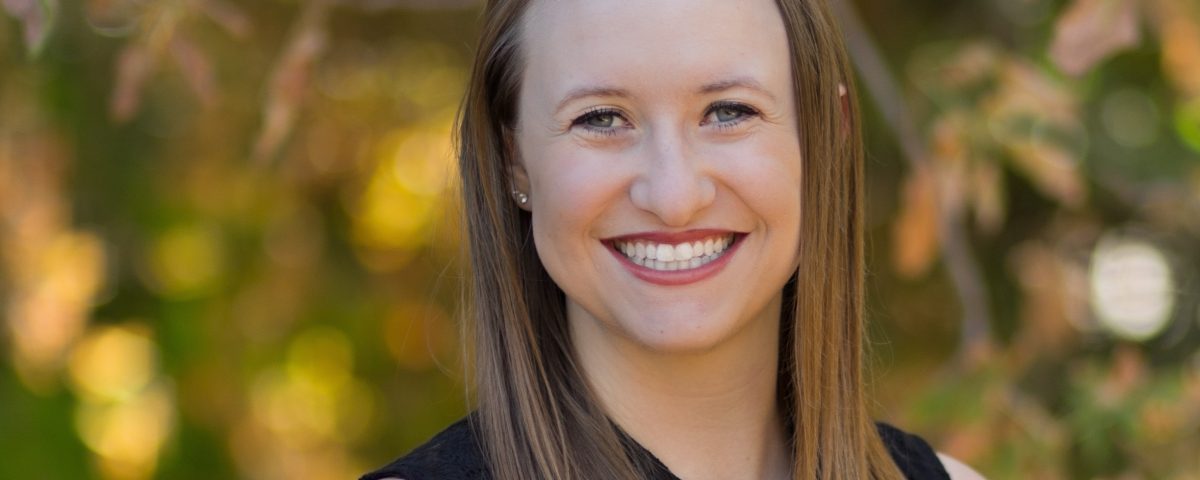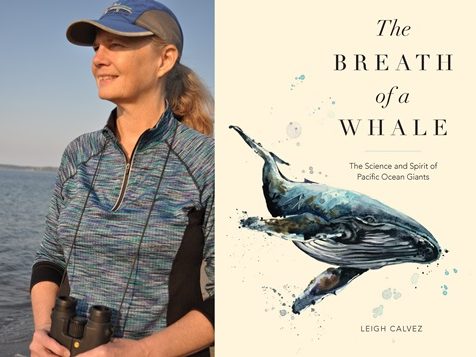
Book Review: The Breath of a Whale
January 22, 2021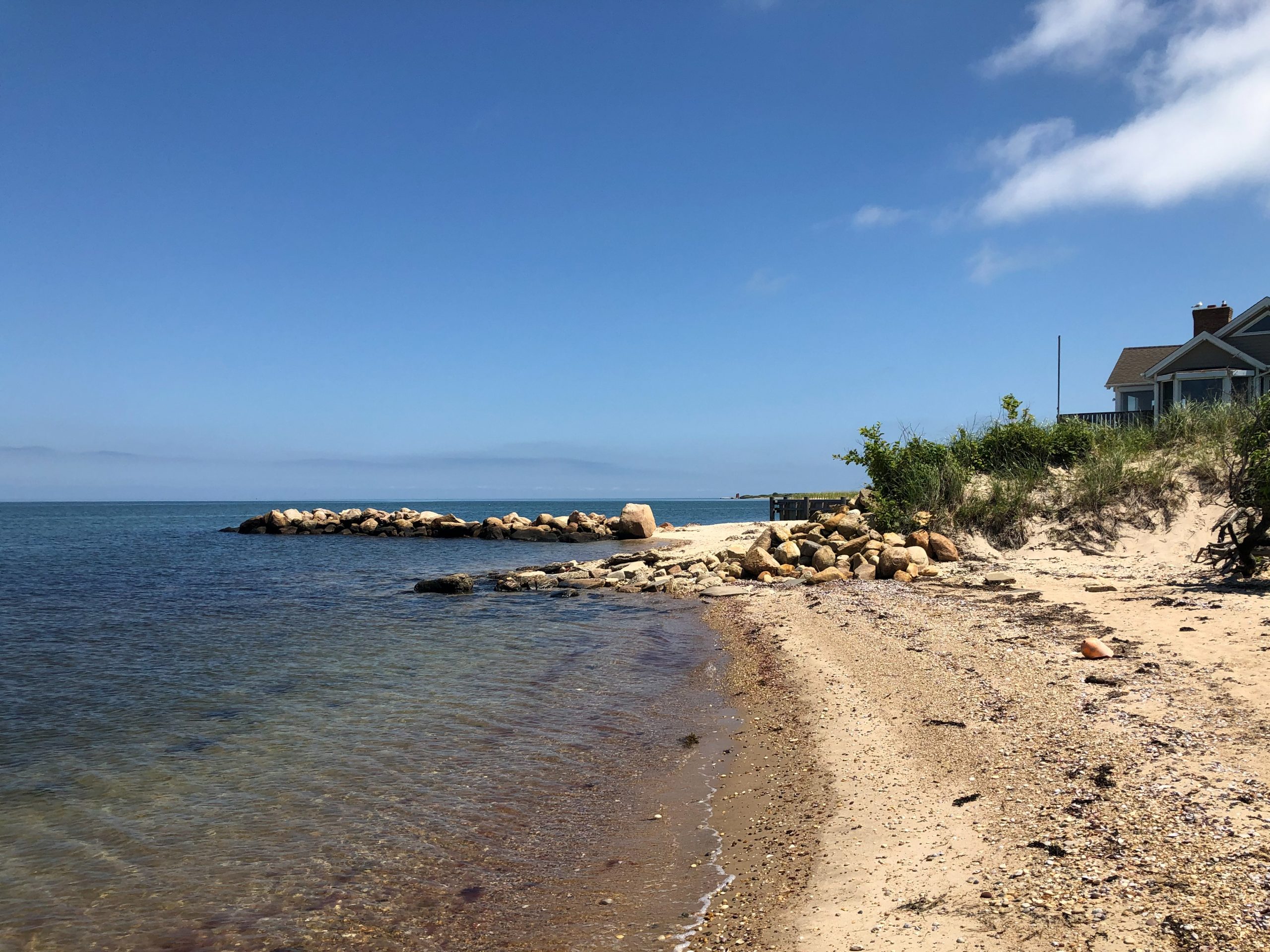
Great Ecology’s “Lazy Point Coastal Erosion Pilot Project” Featured in News Article
January 26, 2021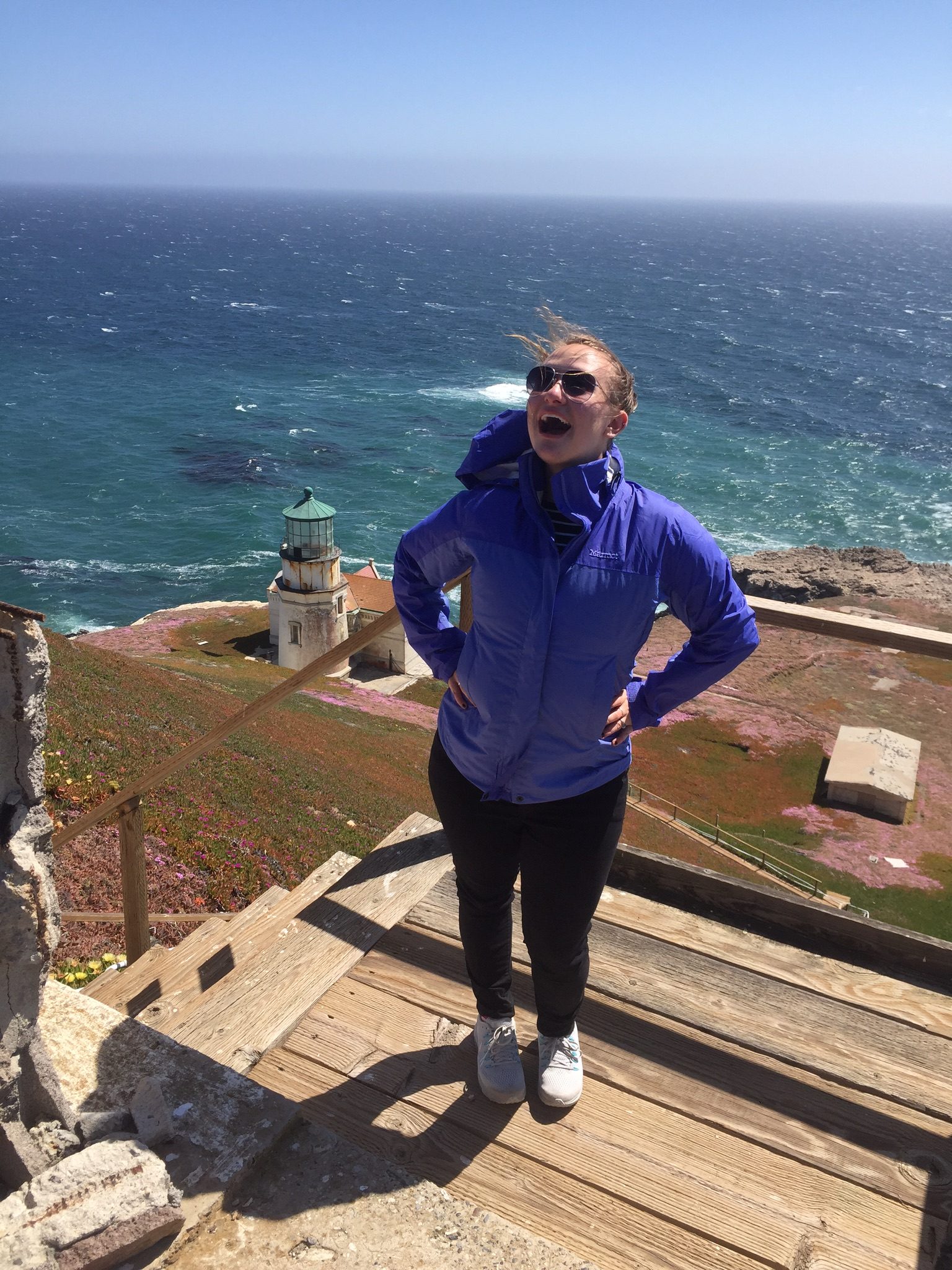
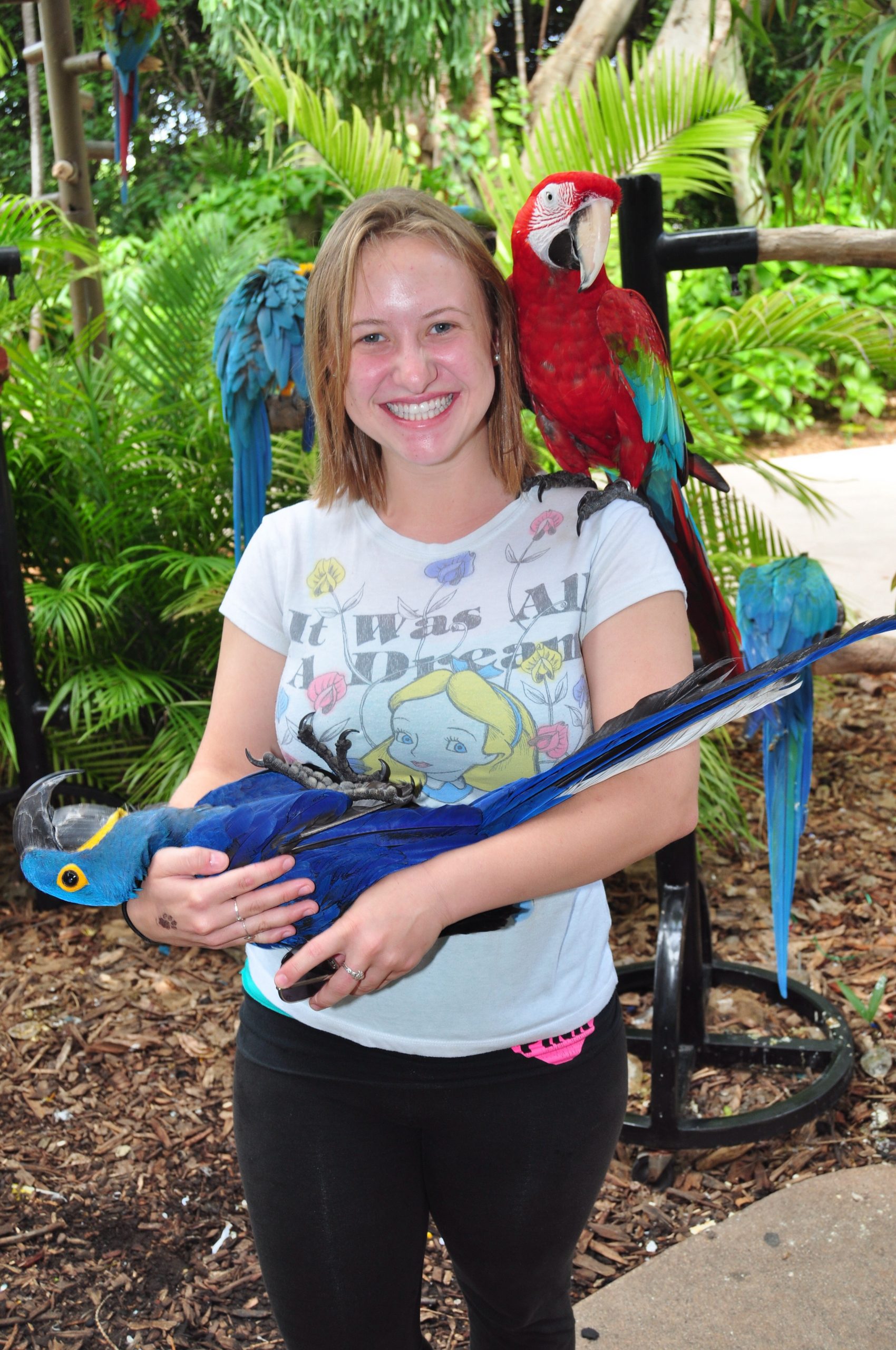
Featured Ecologist: Meghan Bowen, MESM
Who or what inspired you to become an ecologist?
My story is likely similar to those of my colleagues – I’ve loved being outside and studying nature since I was a kid. I was constantly running around and getting my hands dirty; catching tadpoles in the creek near my house, watching worms compost at the community center, playing with ladybugs in my mom’s rose garden. Some of my favorite memories as a kid are maintaining our backyard garden, where I was unintentionally learning fundamental principles of ecology in a fun way. I also think The Lorax by Dr. Seuss heavily influenced my younger self to ‘speak for the trees’ as loudly as I could.
What is a typical day like for you at work?
I don’t think I have a ‘typical’ day at work, which is great – I love working on new and interesting things constantly! Currently I do desktop work: research, data analysis, report writing, other things behind a screen. But I am taking the lead on an upcoming restoration project soon, so my day-to-day will soon incorporate some outside time!
What do you think the future of ecology will look like?
Ideally I’d like to see more progress towards the ecology of climate change. A global phenomenon like climate change will have a wide range of impacts, and will need to be analyzed at both a regional and individual scale. A hypothetical example – climate change could affect the distribution of a drought-tolerant plant in Southern California. That plant might be able to establish a wider habitat range, and displace rare or native plants that cannot survive a hotter climate. Something I think will be critical for both ecological consultants and policymakers is to quantify how an ecosystem might change in the future, and what we can do today to best prepare for that future.
Over the course of your career with Great Ecology, is there one project that stands out among the others? Why?
I’ve been with Great Ecology for less than a year, but I’ve already worked on a wide range of projects so far. I am excited to dive more into our NRD [Natural Resources Damage] work, especially as it relates to ecosystem services. Ecosystem services encompass a wide range of processes and activities that sustain humanity – the water cycle, healthy forests to stabilize soil and air, pollinators that sustain food, and so much more. Like so many other environmental benefits, it is often difficult to determine the value of an ecosystem service because there isn’t a price on a healthy environment. The NRD process seeks to both identify the ecosystem services lost from a polluter and quantify how much those lost services cost. It’s a legislative tool that makes the polluter pay, and ultimately benefits their surrounding community through restoration.
If you had free reign and unlimited resources, what environmental issue would you most like to tackle?
As a lifelong Californian I’d like to tackle the problems that have arisen from poor fire management. It’s an issue that spans decades and will continue to be exacerbated by climate change. I don’t have all the answers, but in this scenario I’d also want to work together with other experts to come up with a workable solution.
Do you have any advice for people considering a career as an ecologist?
My best advice for anyone looking to get into this field is to work on critical thinking and collaboration. Most environmental issues are multi-faceted, and require the attention and expertise of scientists, policymakers, citizens, and anyone who wants to help solve the problem. You as a scientist are only one piece of the puzzle, and it’s part of your job to figure out how you fit in to the solution (and where everyone else fits in too). Be flexible and open to solutions suggested by others because none of these problems will be solved unless we all work together!

